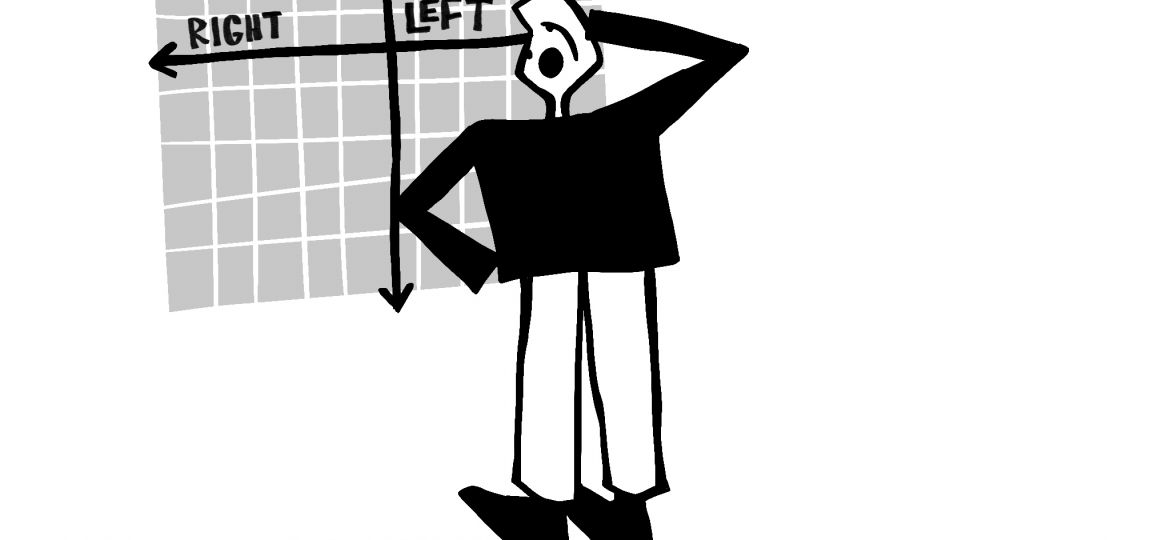
Some students found themselves politically confused after hearing Abid Raja, Norwegian parliamentarian, speaking on campus — after all, Abid Raja describes himself as a right-wing politician yet advocates for universal healthcare and freedom of religion. In America these are the politics of the left, aren’t they? How is it that in Norway, a right-wing politician hangs on to these talking points?
A common refrain that explains this dissonance is that all American politics exists to the “right” of European politics, so even their “right” policies are to our “left.” The truth is that the entire effort to organize international politics on a right-left spectrum is ridiculous — I believe we’re all better off abandoning the notion that our politics can be mapped along a one-dimensional line. Americans appear more conservative on government spending and some social issues than Europeans, while being broadly more progressive than them at the national level on LGBTQ+ issues and immigration. The cliché seems to exist mostly to claim that a policy that exists in Europe is “ordinary,” as if the politics of a small number of northwestern Europeans should define our notion of what is “normal” for the United States and the world, in the process reproducing a Eurocentric frame of politics. These processes become more absurd when we move into political environments more divergent from our own. Try reading across the spectrum of contemporary Chinese political thought, as I have for the past several months for a research project, and work to figure out who’s on the “right” and who’s on the “left.” You’ll have to recognize that the “New Left” is quite conservative and that the “Neoconservatives” share some positions with Western progressives on economic policy. Did I mention they’re all members of the Communist Party?
There are lots of political lessons to take from the experiences of European nations, and others across the world, but they should stand on their own feet and be judged on their actual successes or failures, not on the basis that our own politics are an anomaly or deviation from sort of “normal” along an imagined spectrum of thought. There are a thousand maddening ways in which we dumb down our conversations about political thought through oversimplification, but our constant need to map each others’ politics along a one-dimensional line is one of the most pervasive and destructive. It’s undoubtedly reinforced by our two-party system.We’re better off not pretending that Bernie Sanders is further along the same path that includes Barack Obama and Hillary Clinton, nor that if you walk far enough past Jeb Bush you’ll eventually hit Donald Trump. Sanders’ immigration and foreign policy views are more closely aligned to Trump’s than with the center of his own party. Mitt Romney and Liz Cheney’s ideological loyalty to constitutional democracy is 180 degrees opposed to the president their own party put in the Oval Office.
The right-left duality — and all variations of it, including the so-called “political compass” — is a nonsensical and futile effort to categorize. It may make sense occasionally within closed cultural and political environments to reveal the real correlation of extant political groups along a momentary policy or affinity conitnuum, but in the long term or in discussing political theory, it is actively antagonistic to a good understanding of political thought. We should appreciate political ideas on their own terms, recognizing their incongruencies and compatibilities with others, as fundamentally qualitative and existing along infinite dimensions. Politics is complex, historically contingent, and fleeting. Shortcuts claiming to map it all along one frame are the sort of cheap heuristics that make us all dumber at a time when students desperately need to be thinking sharply and critically about the enormous challenges that face our generation.
John Emmons is from Seattle, Wash.
His majors are Chinese and political science.

